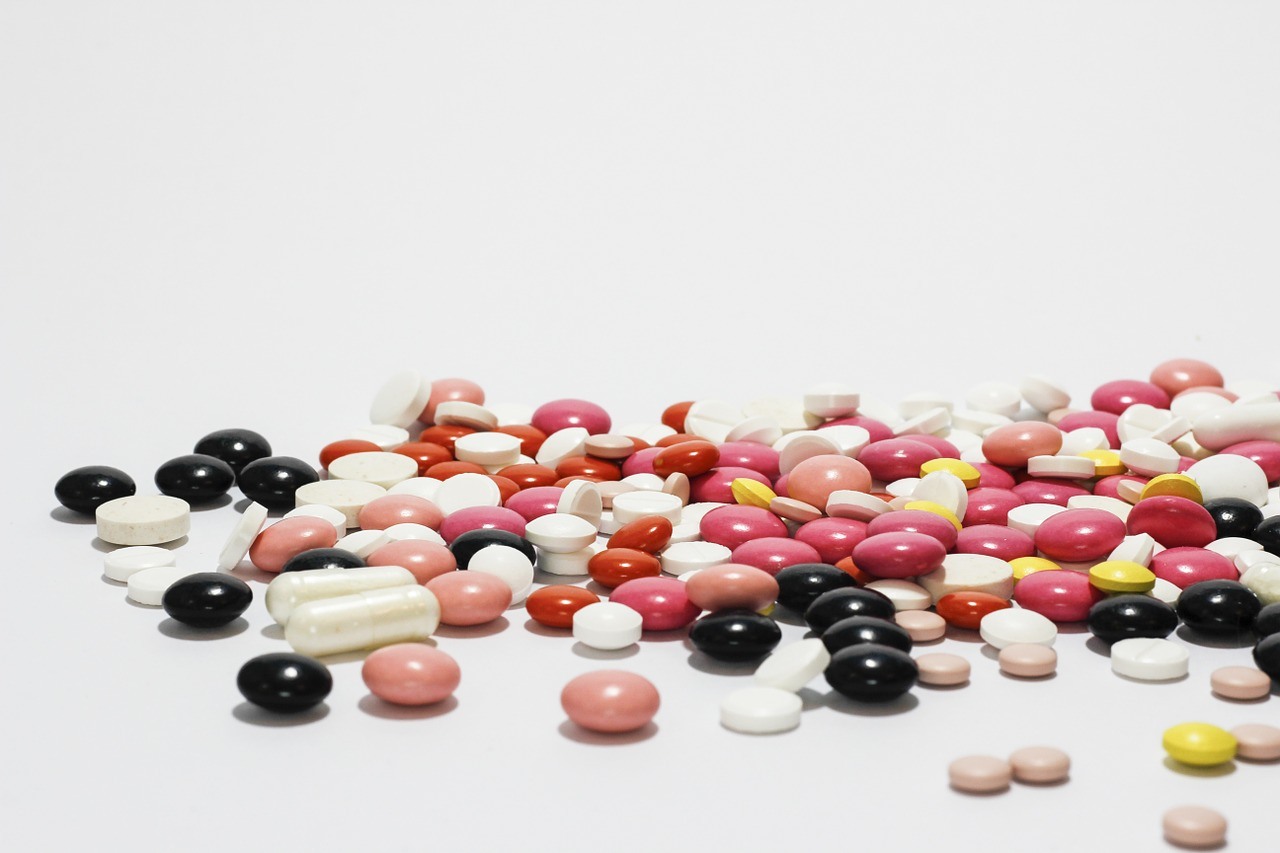Medication Safety
In 2020, 49% of all calls to the Poison Helpline involving children under 5 years of age involved medications.
Medication Safety
Medicines are used to treat diseases, manage conditions, and relieve symptoms, therefore they are common items found in most households. Medicines are generally safe when used as prescribed or as directed on the label, but there are risks when medicine is taken incorrectly or when people take medication that is not prescribed to them. Each year in the state of Oklahoma adverse drug events and accidental exposures to medications cause occur frequently. Learning about medication safety can reduce and even prevent the risk of harm for you and your loved ones. One mission of the Oklahoma Center for Poison and Drug Information (OCPDI) is to provide the people of Oklahoma with information about how to prevent medication exposures.
Most medication exposures occur in children less than 5 years of age, but accidental exposures occur in people of all ages. There are some general recommendations and things to remember when practicing appropriate medication safety. First, place medications out of your child's sight and reach, and use child safety locks on cabinets in all areas of your home. Always use medicines with child-resistant caps, but remember child-resistant does not mean completely child proof, and may only slow children down. Keep medicines in a locked box such as a tool or tackle box, for example, and place box high on a shelf out of sight and reach of young children.
Additional tips on preventing medication exposures:
- When the phone rings or the doorbell sounds, be sure to take your child with you if medications are reachable or accessible.
- Medicine should not be taken in front of children, because they like to imitate adults.
- Keep purses, diaper bags and backpacks out of reach of your child, as they could contain medicine.
- Keep medicines in their original containers, because many products can be mistaken for something to eat or drink if poured into a glass or bottle.
- Medicines should be stored away from food or drinks, and never stored in the pantry.
- Empty medication containers may still contain small amounts of liquids, so rinse empty containers before throwing them away.
- Most importantly, always read the medication label before giving anyone medicine, and if you have medication dosing or administration questions, you can call the Poison Helpline to speak with a pharmacist 24-hours a day if you need assistance.
Drug Interactions
Taking a supplement could change the way a prescription drug works. Poison Centers receive many calls about interactions between medications and over-the-counter products or herbals. Talk to your doctor or pharmacist, or call a pharmacist at the Poison Helpline with your questions about medications
- Tell your pharmacist and doctor about any herbal, natural or homeopathic supplements your are taking
- Follow the package instructions carefully when taking over-the -counter or "natural" supplements.
- Ask your pharmacist if there are any over-the-counter medications you should not be taking while on your prescription medications.

Medication Disposal
The proper disposal of old, unwanted and expired medications can help prevent medication interactions, drug overdoses, and overall harm.
Free medication disposal locations can be found across Oklahoma with the following link:
Oklahoma Bureau of Narcotics Free Medication Take-Back Location Finder
https://portal.obn.ok.gov/takeback/